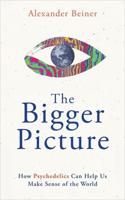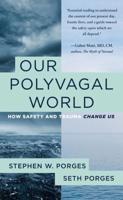Publisher's Synopsis
All natural sciences follow a method which may be called the "analytic method." In order to become a science, psychology must adopt this method: for it is the method which makes the science. It might be objected that the material makes the science, but that is not the case: the science is essentially the method, and the material only the particular limitation which it is convenient to adopt for practical purposes. It is clear that the psychologist must use an analytic method as much as possible, if he is to produce a science; and also that he must find for himself the right units into which he can analyse the material. The earlier psychologists did this by regarding the mind as made by the union of a number of faculties, such as sense, memory, will. This "faculty psychology" has passed away, because these units were really classifications too general and comprehensive to be scientific. They can all be reduced to smaller factors, and they actually overlap in a way that leads to confusion. A mathematician may be described as a person with a faculty for doing mathematics, but such a description is useless, because it throws no light on the processes involved in the act of calculation.










